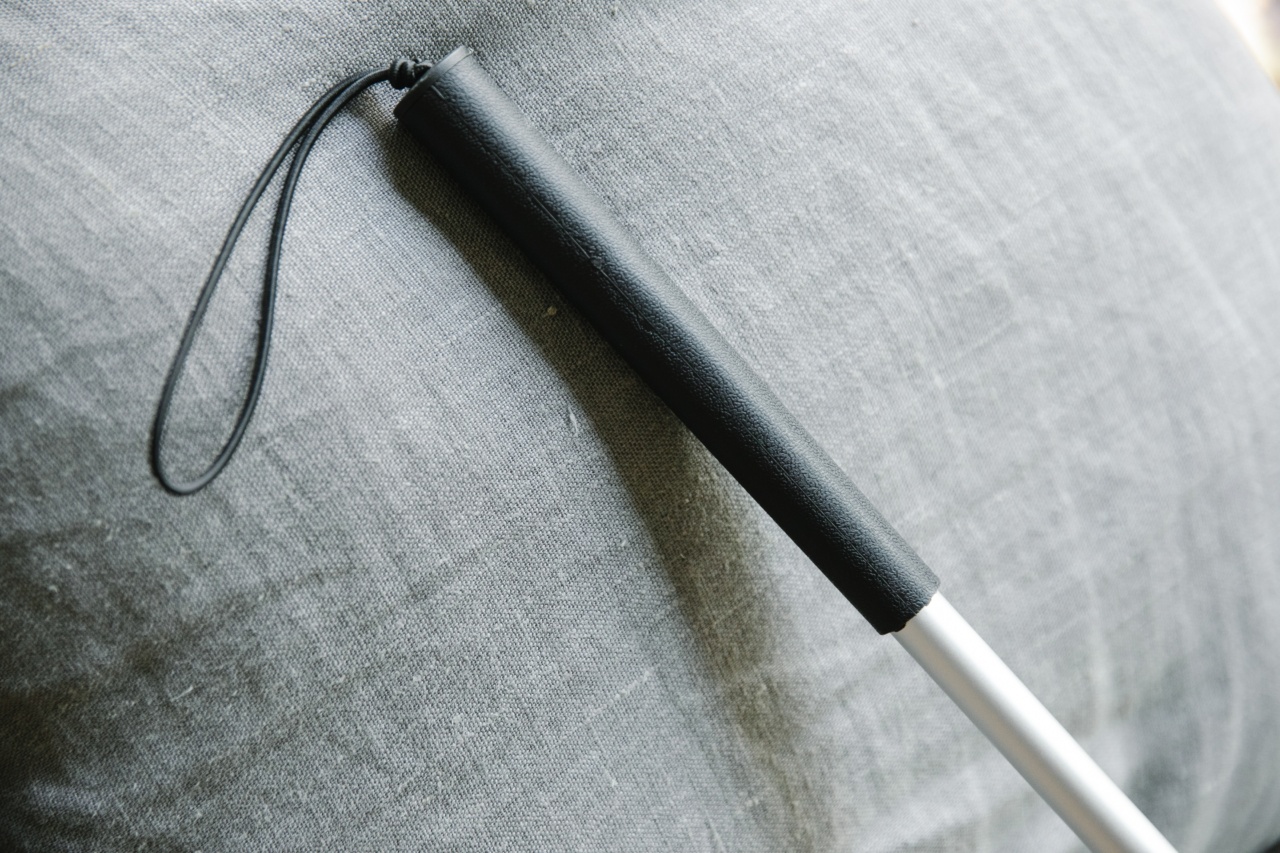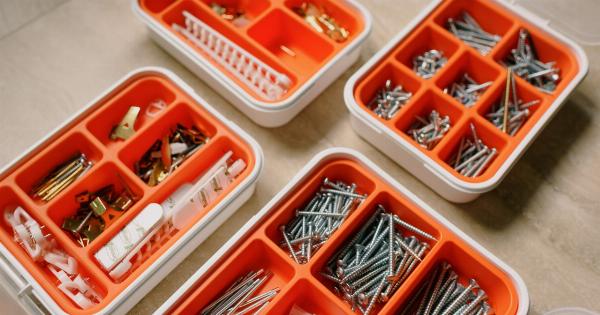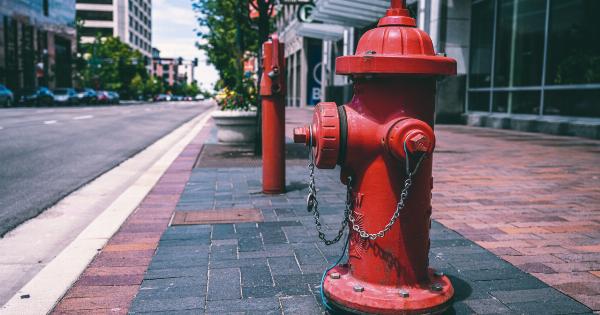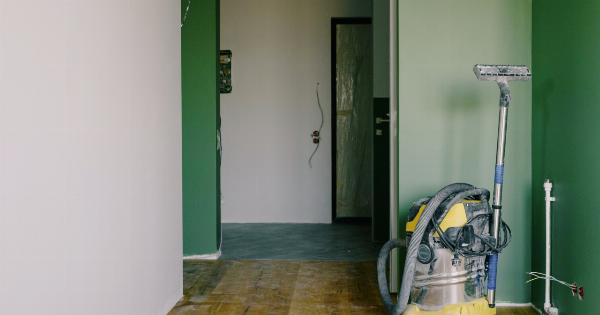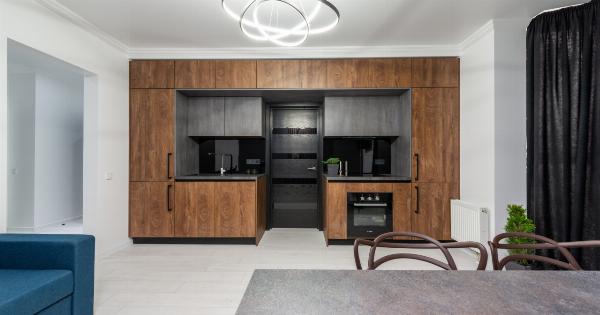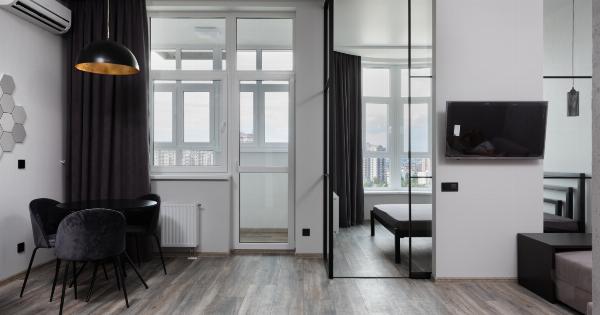If you live in an area with cold weather, you probably use your heating system a lot during winter. However, if you don’t pay attention to its maintenance, it might surprise you with some heating symptoms that can affect your health and wallet.
In this guide, we’ll help you spot heating symptoms and give you some tips on how to prevent them.
1. High Energy Bills
One of the first signs that something is wrong with your heating system is high energy bills. If your energy bills have been consistently increasing over the past few months, it might be time to check your heating system.
A heating system that is not working properly will consume more energy than it should, resulting in higher energy bills.
2. Uneven Heating
Another sign of a potential heating problem is uneven heating. If some rooms in your house are colder than others, it might indicate that your heating system is not distributing heat evenly throughout the house.
This might be due to clogged air filters, ductwork issues, or a malfunctioning thermostat.
3. Strange Noises
If you hear unusual noises coming from your heating system, it might indicate that there’s a problem.
Rattling, banging or hissing sounds usually mean that there’s something wrong with your heating system, such as loose parts or damaged components. If you hear strange noises and don’t know why, you should call a professional to diagnose the issue.
4. Cold Air
If your heating system is blowing out cold air, it can indicate a few different issues. The most common reason for this is a malfunctioning thermostat. Other reasons could be clogged filters, damaged ductwork or blocked vents.
If you experience this issue, it’s best to call a professional to diagnose and fix the problem.
5. Burnt Smell
If you smell something burning when your heating system is running, it might be caused by dust buildup or debris around the heating elements. This issue can be especially problematic for people with allergies or respiratory problems.
If you smell something burning, turn off your heating system immediately and call a professional to inspect and clean your system.
6. Carbon Monoxide Detectors Going Off
Carbon monoxide (CO) is a dangerous gas that can be released by heating systems. Carbon monoxide detectors are essential for detecting this gas.
If your CO detector goes off, it’s important to turn off your heating system immediately and evacuate your home. Call a professional to inspect your heating system and make sure it’s safe to use.
7. Poor Air Quality
A poorly maintained or malfunctioning heating system can have a negative impact on your indoor air quality.
Dust, dirt, and other particles can circulate throughout your house, leading to allergic reactions, respiratory problems, and other health issues. To prevent this, it’s important to clean and maintain your heating system regularly.
8. Poor Performance
If your heating system is taking longer than usual to warm up your home, or if it’s not reaching the desired temperature, it might indicate that there’s a problem.
This could be due to clogged filters, a malfunctioning thermostat, or a damaged heating component. It’s important to call a professional to inspect your system and fix any issues.
9. Short Cycling
If your heating system is turning on and off frequently, it might indicate a problem called short cycling. This can be caused by a variety of issues, including a malfunctioning thermostat, clogged filters, or damaged components.
Short cycling can be detrimental to your heating system’s lifespan, so it’s important to call a professional to diagnose and fix the problem.
10. Age of Your Heating System
If your heating system is over 10 years old, it’s important to keep an eye on it and consider replacing it. Older heating systems are less efficient and more prone to breakdowns, which can result in higher energy bills and costly repairs.
If you’re not sure whether your heating system needs to be replaced, call a professional for advice.
Preventative Measures
Prevention is always better than cure when it comes to heating problems. Here are some preventative measures to keep your heating system operating smoothly:.
- Replace your air filters regularly
- Clean your air ducts annually
- Maintain your heating system regularly
- Invest in a programmable thermostat to help regulate the temperature
- Install carbon monoxide detectors throughout your home
- Consider replacing your heating system if it’s over 10 years old
Conclusion
Heating symptoms can be a real headache if left undetected and unresolved. If you experience any of the signs mentioned above, it’s important to call a professional to inspect your heating system as soon as possible.
With proper maintenance and preventive measures, you can avoid expensive repairs and ensure that your heating system lasts for many years to come.
